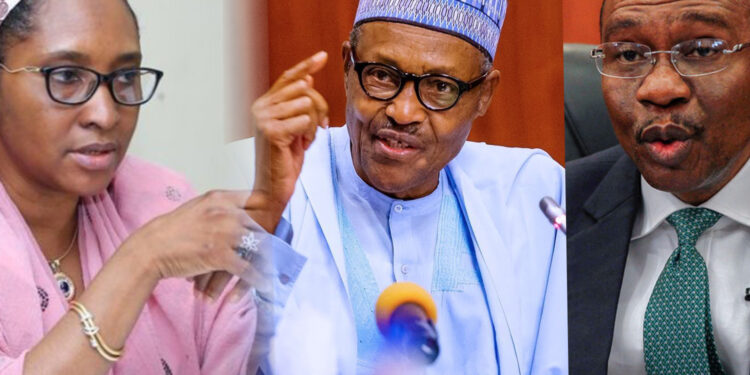Nigeria’s Minister of Finance, Mrs Zainab Ahmed, has revealed that only N3.36 trillion was earmarked for fuel subsidy in Nigeria’s 2023 budget.
She disclosed this during a Public Presentation and breakdown of the 2023 Appropriation Act earlier today in Abuja.
During her presentation, the minister said fuel subsidy payments will remain up to mid-2023, based on the 18-month extension announced in early 2022. This means fuel subsidy payments will be stopped in June 2023, after a new administration has been inaugurated following the outcome of the general elections in February-March 2023.
The World Bank and some other foreign and local stakeholders have on several occasions called on the federal government to discontinue with the policy which is considered as a serious drain on the economy of Nigeria.
In a November 2022 report, the World Bank highlighted the fact that wealthy people benefit more from petroleum subsidies as poor Nigerians only benefit only 3%.
“In the short term, no other reforms are more important than to fully eliminate the petrol, electricity, and exchange rate subsidies, so that all tiers of government would then be able to use part of the savings to invest in much-needed human and physical capital and to protect the poor and vulnerable with targeted programs.”
Funding 2023 budget: The minister highlighted that while the total revenue available to fund the 2023 budget is estimated at N10.49 trillion, the government expects 22% of projected revenues from oil-related sources, while 78% is expected from non-oil sources.
ALSO READ:Court Bars DSS, Police, CCB From Investigating INEC Chairman Over Asset Declaration
This is a sharp contrast to the Buhari administration’s first budget presentation in 2016, where expected oil revenues were pegged at 70% and non-oil revenues were pegged at 30%.
For the record: The finance minister said that the oil and gas sector contribution as of the third quarter (Q3) of 2022 was 5.66%, which shows that it is the non-oil sector that is running the country’s economy. She highlighted the fact that sectors like ICT and Agriculture were doing better than mining as well as oil and gas sectors, so Nigeria’s economy is truly diversified and can no longer be referred to as a mono-economy.
